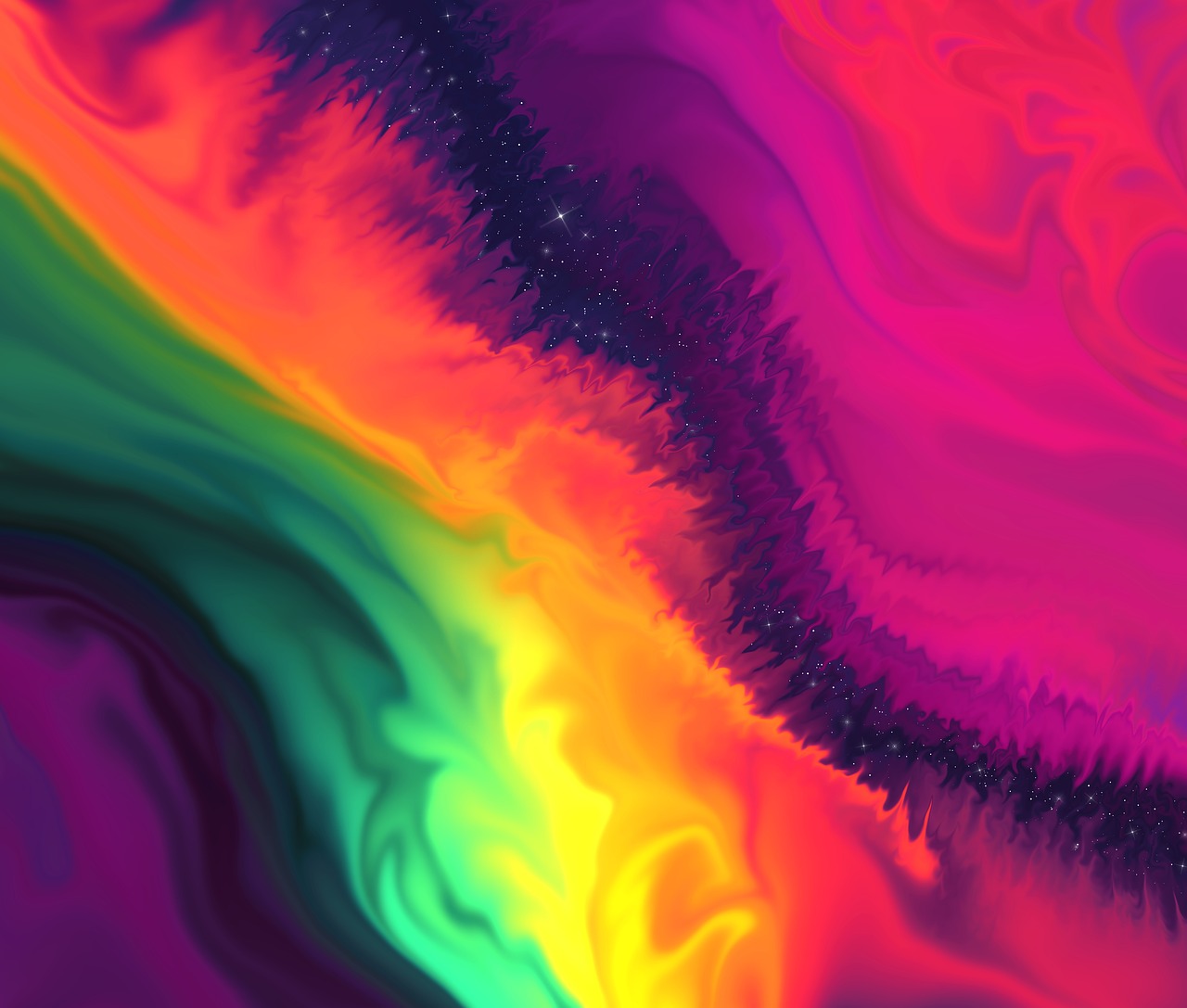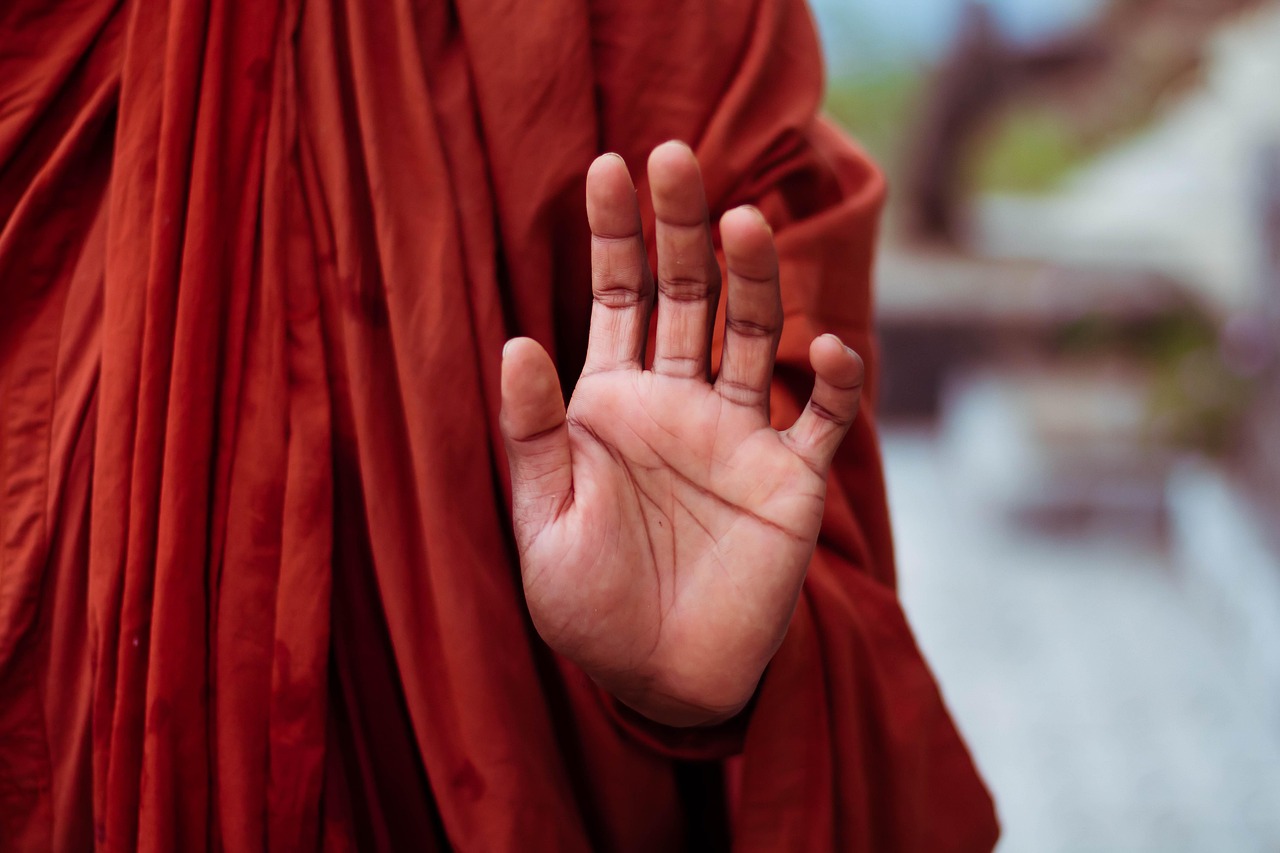Introduction
For many of us, anxiety feels like a quiet storm that never fully passes. I remember sitting with my own racing thoughts, wondering if I’d ever feel peace again. When I began reading about psychedelics for anxiety, I was skeptical , yet research and lived experiences suggest they may help quiet the storm, not by numbing it, but by helping us understand it.
Drugs like psilocybin and MDMA may reduce anxiety by promoting emotional openness, disrupting negative thought patterns, and enhancing feelings of connection, particularly when used in therapeutic settings.
The Neuroscience of Anxiety and Psychedelics
Anxiety often involves hyperactivity in brain regions like the amygdala, which governs fear responses. Psychedelics appear to temporarily calm this circuitry, allowing the brain to experience emotions without overwhelming fear. Studies from Johns Hopkins University and Imperial College London show psilocybin-assisted therapy can significantly reduce anxiety in patients facing terminal illness (Nature Medicine).
Therapeutic Use and Emotional Processing
Psychedelics can create a state of heightened emotional awareness, allowing individuals to face previously avoided feelings. In MDMA-assisted therapy, patients often describe being able to revisit traumatic memories without being retraumatized. This balance of safety and vulnerability is where healing happens (APA Monitor).
When guided by trained professionals, these experiences can help dissolve fear-based narratives that fuel chronic anxiety.
Integration: Making Meaning of the Experience
Integration is the bridge between insight and change. After a psychedelic session, therapists help participants reflect on what surfaced , fears, memories, revelations , and apply those lessons to daily life. Without integration, insights may fade or lead to confusion. With it, they can transform patterns of avoidance into self-compassion.
Risks and Limitations
Psychedelics are not a cure-all. Unsupervised use can worsen anxiety, especially in unsafe environments or for people with certain mental health conditions. Clinical supervision, preparation, and emotional safety are essential. As with all emerging therapies, more long-term studies are needed to confirm efficacy and safety (Psychology Today).
Human Perspective and Hope
Many participants describe post-session calm, perspective, and self-acceptance that feel unlike any medication they’ve tried before. As Daniel Goleman wrote, “The more open we are to our own emotions, the more skilled we will become at reading those of others.” Psychedelics may open that emotional door just wide enough to let healing begin.
Final Thoughts
Psychedelics for anxiety represent a return to an ancient truth , that facing ourselves, not fleeing, is often the path to freedom. With science catching up to spirituality, we are learning that healing the mind begins with understanding it deeply and compassionately.
For related insights, explore our Healing Through Self Development and Self Awareness guides.
References: Nature Medicine, APA, Psychology Today.



